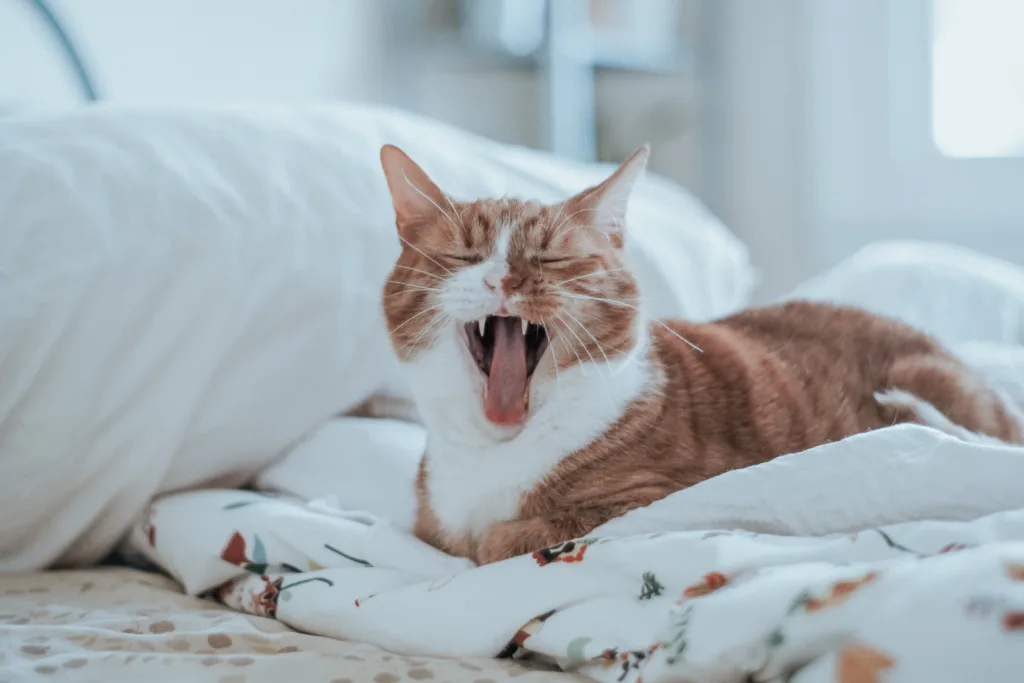By Alice Woodward, Growth Manager, Organic
In the world of digital performance, there’s no doubt that long-term success is the ultimate goal. However, it’s also important to look at quick wins that can help move the needle efficiently and effectively while longer-term strategies are taking effect. Enter the “cat nap strategy.” Just as taking a quick cat nap in the middle of the day can help improve memory and performance, quick wins in SEO and UX can do the same to supercharge your digital presence.
To identify these quick wins, the first step is to run an audit of your site. This will help you identify problems that can be fixed quickly, such as content issues (in particular duplicate content, missing alt tags, missing meta descriptions, etc) that can be addressed via the CMS, or tech changes that might not require a huge amount of developer time. The key is to speak to the teams involved in implementing the changes to get an estimate for the effort needed, and then weigh that against the potential gain.
Obviously, quick wins are just a part of the puzzle to improve overall SEO performance, but they’re brilliant at demonstrating the effects of optimization. They’re not only useful for helping to move the performance needle in the short term, but also for proving ROI,especially to senior stakeholders.
We put this quick win strategy in place for homeware brand Habitat by performing full audits across the entire site, taking into account all aspects of each page type. These audit results were then turned into actionable insights that were prioritised using a cost/effort vs benefit matrix.
One of the key quick wins we identified was pagination. Pagination is the practice of dividing content into multiple pages to make it more easily digestible for users. However, like many things, if pagination isn’t implemented correctly, it can create problems. By optimising pagination, we were able to improve user experience and help search engines better understand the structure of the site.
Another quick win is redirects. Redirects can help to shore up the site architecture and help direct the flow of link equity from backlinks into the site with greater effect, which in turn will help maximise the efforts you put into offsite SEO.
Finally, unsafe cross-origin links are a big security issue and Google is certainly not a fan of an insecure website. By fixing unsafe cross-origin links, we were able to improve the security of the site and boost its overall performance.
These issues are common across most sites, so by performing an audit and identifying issues that can be fixed quickly, you can make significant improvements to your site’s SEO and UX – even if just for the short term while your longer-term strategies are still in the works.
Whilst the quick wins can of course be effective on their own, combining them can result in an even better outcome. By focusing on small improvements that can make a big impact, businesses can improve their SEO performance, enhance the user experience, and ultimately drive more traffic to their site. Pagination, redirect, and cross-linking are just a few examples of quick wins that businesses can implement to achieve their digital goals.
With the right approach and strategy, businesses can stay ahead of the competition and achieve lasting success in the digital world. So, the next time you’re feeling tired and sluggish in the middle of the day, remember that a quick cat nap could be just the quick win you need to boost your digital performance.









